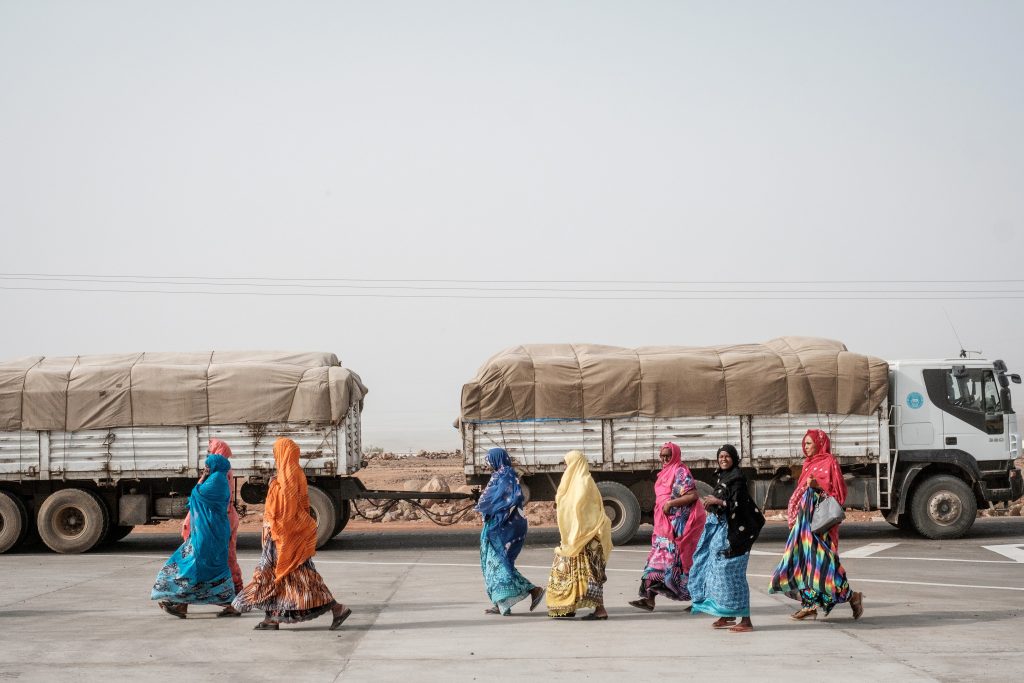São Paulo – The economy of Djibouti, an Arab country in Africa, is projected to grow 6% this year, from 5.5% last year, the Monetary International Fund (IMF) reported. Its consultation with the country points out the strategy of positioning Djibouti as a regional trade and logistics hub, despite unemployment and poverty has remained high.
“Combined with reforms to improve the business climate, this development strategy has fueled a strong economic expansion,” said the Fund on the country’s change into a trade and logistics hub.
Djibouti grew by 7.7% in 2015, 6.9% in 2016 and 5.1% in 2017. Last year’s growth at 5.5% was a year-on-year increase, then. For this and the next five years, IMF projects a growth at around 6% annually. “Growth is projected to remain strong over the medium term,” the report reads.
The fiscal deficit – which is a shortfall in a government’s income compared with its spending -has declined significantly in recent years. It has fallen from 15.7% of GDP in 2015 to 2.5% of GDP in 2018, driven by the reduction in spending related to these projects, the IMF reported.
But public debt has remained high. It increased from USD 1.2 billion in 2015 to USD 2 billion last year. The Fund projects it will increase to USD 2.2 billion this year and keeps growing during the following years. The IMF executive board underscored the need for a multi‑faceted approach to reduce debt and ensure sustainable and inclusive long‑term growth, combined with deepening structural reforms.
The board welcomed Djibouti’s strong economic growth, low inflation, and improved business environment, but noted the need to mobilize resources to reduce poverty and the public debt. IMF suggested plans to enhance tax collection and customs administration as well as reducing tax exemptions. In this regard, the Fund offered assistance on capacity development.
Translated by Guilherme Miranda




